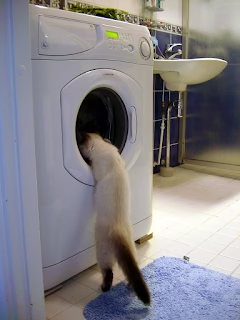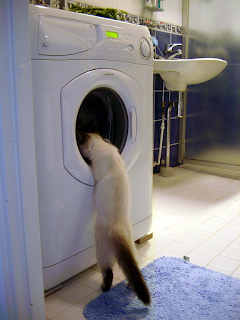The title intrigued me – Did curiosity kill the cat or is it a vital skill to have in our ever-changing world? The first speaker, Dawn Austwick (Chief Executive, National Lottery Community Fund) delved into where the phrase came from, that plagued many of us as children when asking too many questions of parents and teachers.
Dawn suggested that rather than being a vice, curiosity is the very reason why we set up charities or social enterprises – by asking, ‘Why is that the way it is and how could we do things better?’. Curiosity is the very lifeblood of innovative organisations. Funders and educators are still to some extent trapped in systems and processes and often measuring to prove rather than improve.
However, things are changing, especially in funding regimes. Funders are more and more looking to fund ‘place-based’: viewing applications through the lens of the local and being principle-based as opposed to rules-based.
This is good news indeed for those of us who have struggled to fit exciting, collaborative, innovative ideas born out of curiosity into the existing funding boxes with their boundaries and borders.
The rest of the day I spent in workshops ranging from how to use social media to pique your interest and curiosity to how to tell funders the unique story of your organisation. All-in-all an interesting and informative day which finally put to bed the saying ‘Curiosity killed the cat.’


